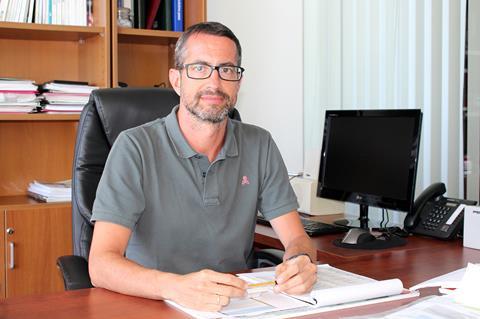Reduced acreage and output have led to significantly better returns for the region’s growers this season

The 2023/24 season has been generally positive for Huelva’s raspberry growers, with lower volumes helping to lift prices on the international market. The results offer a ray of optimism following back-to-back seasons of poor returns that have led to a substantial contraction in acreage.
“The campaign has been good in terms of price and demand,” Carlos Esteve, commercial director at Onubafruit, told Fruitnet. “There was reduced availability during the autumn and part of the winter, fuelled by a drop off in plantings due to water uncertainty and the negative results seen in the same period of the previous year.”
Growers also had to contend with the losses sustained during last October’s Storm Bernard, which impacted large parts of the region.
According to industry association Freshuelva, raspberry acreage contracted by around 21.5 per cent to 1,380ha in 2023/24. Esteve predicts that this downward trend will continue.
“Of all the berries, raspberries are the most expensive and difficult to produce,” he said. “They require the most complex management and are subjected to high levels of risk during the campaign. If there is an easier and less risky alternative for the grower, then they’re likely to take it.”
Onubafruit has a trio of raspberry varieties that it grows exclusively area: Malling Bella, Shani y Lagorai. Using these three varieties and a range of growing techniques allows it to harvest fruit practically year-round.
The company has developed an innovative system of Long Cane production to achieve higher volumes during the winter months. Traditionally, this system keeps the canes in coldstorage in order to induce optimal planting conditions, requiring plants to be subjected to a minimum number of cold hours, depending on their variety and window of production.
Now, however, Onubafruit has obtained new selections that do not require time in coldstorage, which drastically reduces the energy needed to produce them.
“Thanks to these different cultivation techniques that we have been trialling each year to be able to extend our growing season and reduce costs,” Esteve said. “We are also introducing some new varieties that are better than our current offering, although this is already very strong.”



